For Kyle Treasure, Utah Is Something That Sticks
Hello, dear reader! My name is Kyle Treasure and I’m so excited to have the chance to guest edit this week’s Beehive Newsletter.
Hello, dear reader! My name is Kyle Treasure and I’m so excited to have the chance to guest edit this week’s Beehive Newsletter. I’ve loved The Beehive’s dedication to sharing stories and events that are unique and important to Utahns of all stripes. I hope my stories help you see what it’s like to be part of the greater Utah diaspora.
How I Became a Utahn
I clearly remember when everything changed for me.
I was sitting on my couch, eating Ben & Jerry’s and anxiously watching one of the presidential debates between Hillary Clinton and Donald Trump. I kept glancing at the screen in the same way you glance at a car accident you pass on the highway. Exactly like that.
And I thought, “We need more good people working in government and policy making.” As if in answer, there was a proverbial tap on my shoulder: “You’re a good person.” And at that moment, I decided I wanted to work in government. (I promise this was the reason and not that I was currently on my third rewatch of NBC’s Parks and Recreation.)
Shortly after, I was offered an internship at a public policy think tank in Salt Lake City, Utah. The night I got the offer, I drove around my small Wyoming town aimlessly, but really with the aim of saying goodbye.
I was a fresh graduate of BYU-Idaho and hadn’t really lived more than an hour’s drive from home. (I don’t count LDS missions as living away from home. I’m sorry but they give you a car, apartment, and refillable credit card. Give me a break!) I was just a farm kid who grew up moving pipe and raising pigs, and a part of me thought that I’d never experience anything else.
I pulled my car off the side of the highway and turned off my headlights. I drank in the stillness of the place. In front of me was my home—Teton Valley—with its winding river, rolling hills, and towering Teton peaks.
I have the chance to leave this sleepy community. The thought of it made my feet turn cold and my head spin. I wasn’t sure I wanted to turn my back on it, but something called to me. It was a force I couldn’t ignore. I felt like Bilbo getting ready to set off on the adventure of a lifetime.
That was when I made the decision to move. And that’s when my life started to revolve around Utah.
How I Learned Civics Programs are Failing Us
In January 2019, I lined up with hundreds of others to participate in one of Senator Mitt Romney’s first town halls in Farmington, Utah. As I waited for the event to begin, I overheard bits of conversation all around me. People were excitedly discussing issues that were important to them. They had various points they wanted to make, change they wanted to see, and causes they wanted to voice. People were eager to have the chance to talk directly to Sen. Romney. They saw him as their gatekeeper for change.
In the midst of all this, I noticed a few familiar faces in the crowd. I recognized state senators, representatives, and even the president of the Utah senate, Stuart Adams. As everyone made plans to address Sen. Romney, I didn’t see anybody stop to speak with any of our state lawmakers, who, in reality, are much more direct gatekeepers for change in Utah.
I watched a state legislator roam through the crowd. I made eye contact and greeted him. We shook hands and chatted for a moment. As a self-identified “nobody,” I was able to communicate more with this state-level legislator than I would ever be able to with Sen. Romney.
The thing is, these state legislators gather with over 100 of their colleagues each year to craft and pass legislation which directly affects the lives of every Utahn for generations to come.
What happens in Washington, D.C. is important, but if you want to make the greatest impact as an individual, you should pay attention to state lawmaking. Each of us should get involved in the conversation and reach out to our local lawmakers. Most people don’t understand this. At least, the crowd at Sen. Romney’s rally didn’t seem to.
That night, I realized our civics programs are failing too many of us.
Every single existing program I’ve seen has one or all of the following: 1) a partisan tilt that comes off a bit too much like indoctrination, 2) a focus on teaching elementary school students who will surely forget everything by the time they step foot in a voting booth, or 3) a focus on high-minded principles with little or no practical application.
That’s why I launched The American Civics Project. In my free time, I’m working to develop a principled civics curriculum that is aimed at high school seniors. It will teach them how to navigate our current political system, organize within their communities, and be active, engaged, and informed citizens. It’s been a slow-going labor of love, but if you’d like to know more or help out, contact me!
How it Feels (Complicated!) to be Serenaded by a U.S. Senator
There came a point when I realized I’d have to leave Utah to be able to get the experience I needed to teach civics in an authentic, credible way. How could I ever hope to teach students about how their government works if I’ve never seen it up close and personal? So, I got a job as the digital director for the Joint Economic Committee in the United States Congress and moved to Washington, D.C., where I live today.
I am determined to try to take advantage of this lucky opportunity, so every day during lunch I walk around the Capitol complex, taking it all in. During one of these explorations, a U.S. Senator, who I didn’t recognize at the time, joined me on the underground shuttle to the Capitol building.
He turned to me and politely asked where I was from. I said I had moved to DC from Utah. This sitting U.S. senator suddenly burst into song, 🎶 “Where never is heard a discouraging word…” 🎶 He trailed off and nodded at me, obviously expecting me to sing the next line of “Home on the Range.” (for some reason???)
The thing is that I didn’t know the next line of “Home on the Range” because I’m not good with lyrics (just a quirky, relatable thing about me). So I simply nodded in his direction and mustered an enthusiastic, “Yeah!” before staring at the floor for the duration of our train ride together.
As the doors opened and the senator was swarmed by reporters, my mind was working through some heavy questions:
Why did this senator think “Home on the Range” was in any way connected to Utah?
Was I not Utahn enough to know that connection?
Should I listen to more classic western folk music?
Will this experience negatively affect my future?
Am I simply out of my depth here in Washington, D.C.?
I had much to think about as I pulled out my EarPods, opened Spotify, and typed in “Home on the Range.”
Finding a Bit of Utah in Arlington National Cemetery
By now, I’m sure most of you have heard of Better Days 2020, a non-profit dedicated to popularizing Utah women’s history. While living in Utah, I had the chance to volunteer with the organization.
One of my first tasks was to map out over a dozen gravesites of Utah suffragettes. I was given a list of 15 women, biographical information, and approximate burial places. My job was to find the site, photograph the headstone, and submit exact coordinates to a national suffragette registry so people can find them and pay their respects.
I spent many Saturdays tramping through the Salt Lake City and Mount Olivet Cemeteries, deciphering signage, stopping to admire particularly beautiful grave markers, and eventually finding a few of my targets: Dr. Martha Hughes Cannon, Emmeline B. Wells, or Emma McVicker, Utah’s first Superintendent of Schools, for example.
I loved every second of this assignment and quickly found all the gravesites, except one. Seraph Young Ford wasn’t located in Utah. She was buried somewhere in the 639 acres that make up Arlington National Cemetery just outside Washington, D.C. I wondered how I could possibly fulfill this assignment with her grave so far away.
But when I moved to Washington D.C., finding the grave of one of the first women to vote in the United States with equal suffrage became a reality that held a high position on my to-do list.
It didn’t take too long. Up on a picturesque hill, not far from the low stone wall that marks the edge of the cemetery, I found a grave marker for Seth Leland Ford. My pulse started racing as I moved to the other side of the stone and saw this historical figure’s misspelled name, “His Wife, Serath Young June 22, 1938.”
After I submitted the information, misspellings and all, I sat for a moment to breathe in some humidity and reflect on Seraph Young Ford’s legacy. I gazed out over the tree-filled landscape dotted with white marble. Although I felt like I was a million miles away, that spot, right there, felt like a little slice of Utah.
What I Love About Utah
It was in Utah where I discovered that nothing quite hits like a Victoria Sponge Cake from The Baking Hive. Or that Fleetwood Mac’s Rumours is essential listening while driving the Alpine Loop on a crisp fall day. (Conversely, ABBA’s Gold album is essential listening for hot summer days spent on the water. That’s a no-skip album, my friends.)
The winding high-mountain road to Mirror Lake is the best location to listen to one of the best podcasts ever recorded, Gimlet Media’s Mystery Show or WNYC Studio’s More Perfect, before paddleboarding, fishing, hiking, or hammocking the afternoon away.
But often in the evening, I would drive up to the top of Bountiful Boulevard, just above the Canyon Crest neighborhood. I’d join dozens of my neighbors who came to take in the city lights of Davis County and the sunset over the Great Salt Lake. I’d sit and feel the breeze and try not to look down (thereby setting off my acrophobia), and I’d read my favorite poem that never fails to make me think about Utah:
To live content with small means.
To seek elegance rather than luxury,
and refinement rather than fashion.
To be worthy not respectable,
and wealthy not rich.
To study hard, think quietly, talk gently,
act frankly, to listen to stars, birds, babes,
and sages with open heart, to bear all cheerfully,
do all bravely, await occasions, hurry never.
In a word, to let the spiritual,
unbidden and unconscious,
grow up through the common.
This is to be my symphony.
– “My Symphony” by William Henry Channing
When I arrived in Utah all those years ago, looking more like a Beverly Hillbilly than a serious young professional, I had no idea what I was signing onto. I didn’t know that I’d enjoy the beautiful hiking trails, ski slopes, and SLC nightlife as much as I did. I didn’t realize that I’d become part of a community of people who are willing to help, support, and lift each other up, even if we’re complete strangers.
And even after I left, I didn’t realize that Utah would somehow continue to be the center of my life. But that seems to be what Utah does: it sticks with you even after you leave and continues to make you a better person. At least, that’s what it did for me.
Thank you so much for reading! I’d love to connect with you on Twitter or Instagram if you’re into that sort of thing. (Editor’s Note: Kyle’s Sunday TikTok Roundup is the best part of my week!) If not, maybe we’re meant to pass like two ships in the night and I think that’s beautiful. I wish you all the best!
The Beehive Newsletter is a community-based weekly newsletter that provides a platform for Utahns to share the stories and events that are unique and important to them individually. From politicians and high school students, to farmers and health-care workers, our Guest Editors change weekly, providing diverse perspectives and overlooked stories from every corner of the state.
If you’re interested in becoming The Beehive Newsletter’s next Guest Editor, email Rachel Swan at rachel@thebeehive.com.

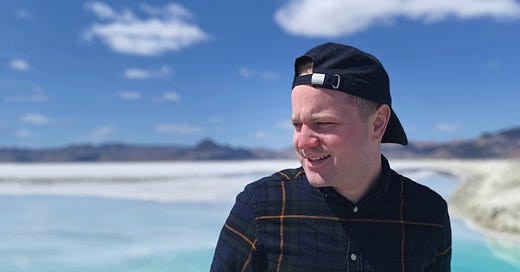



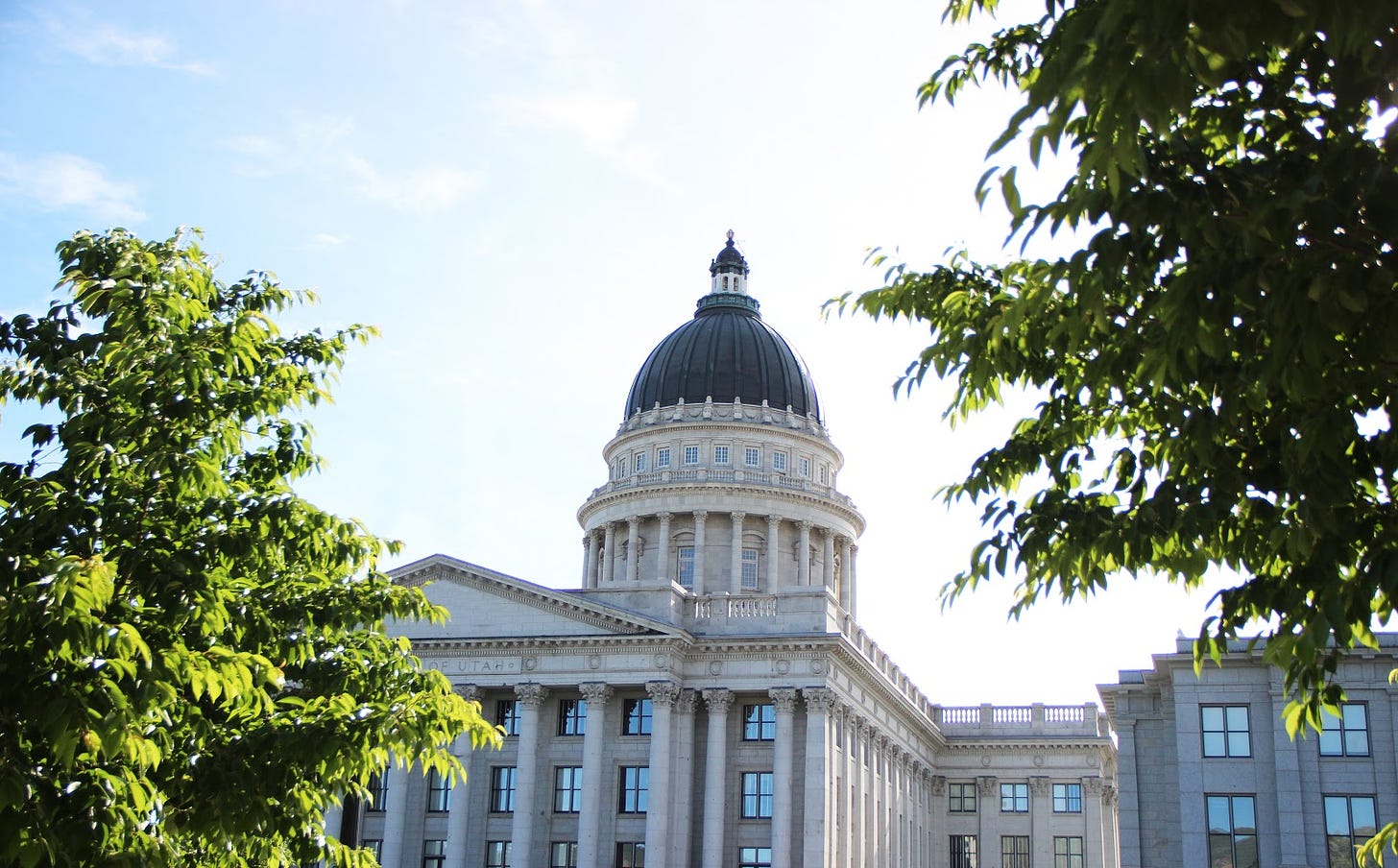
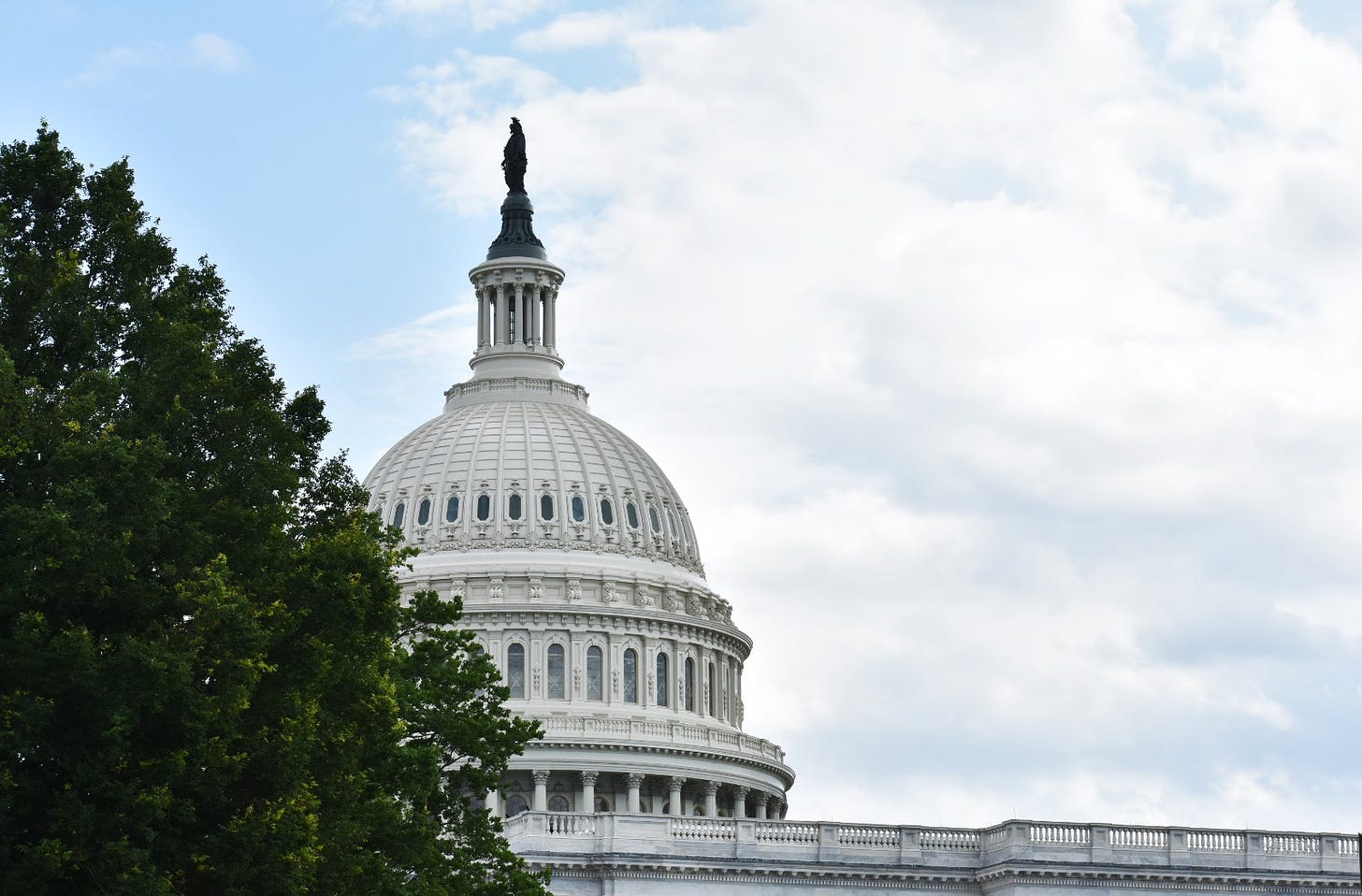
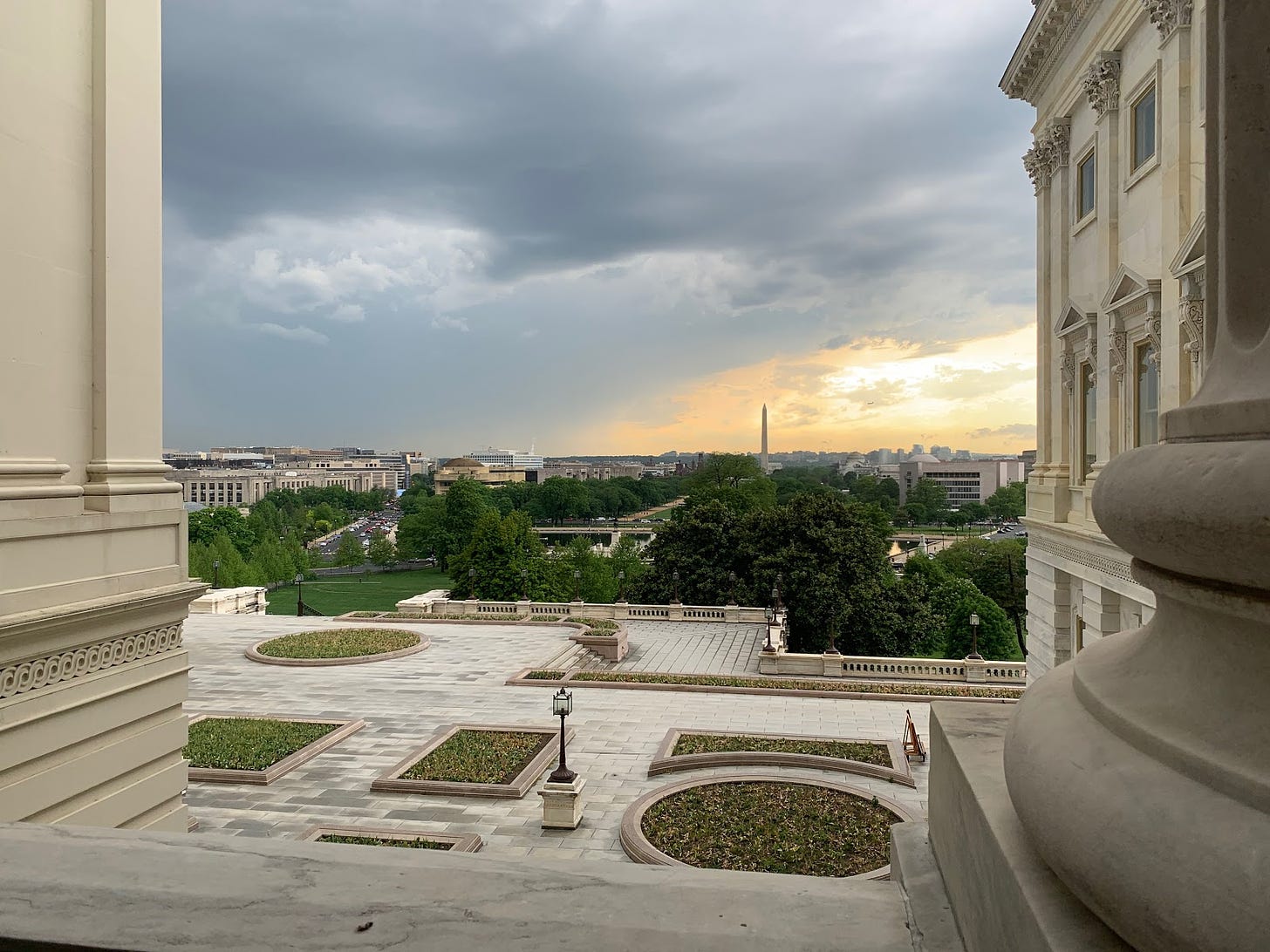

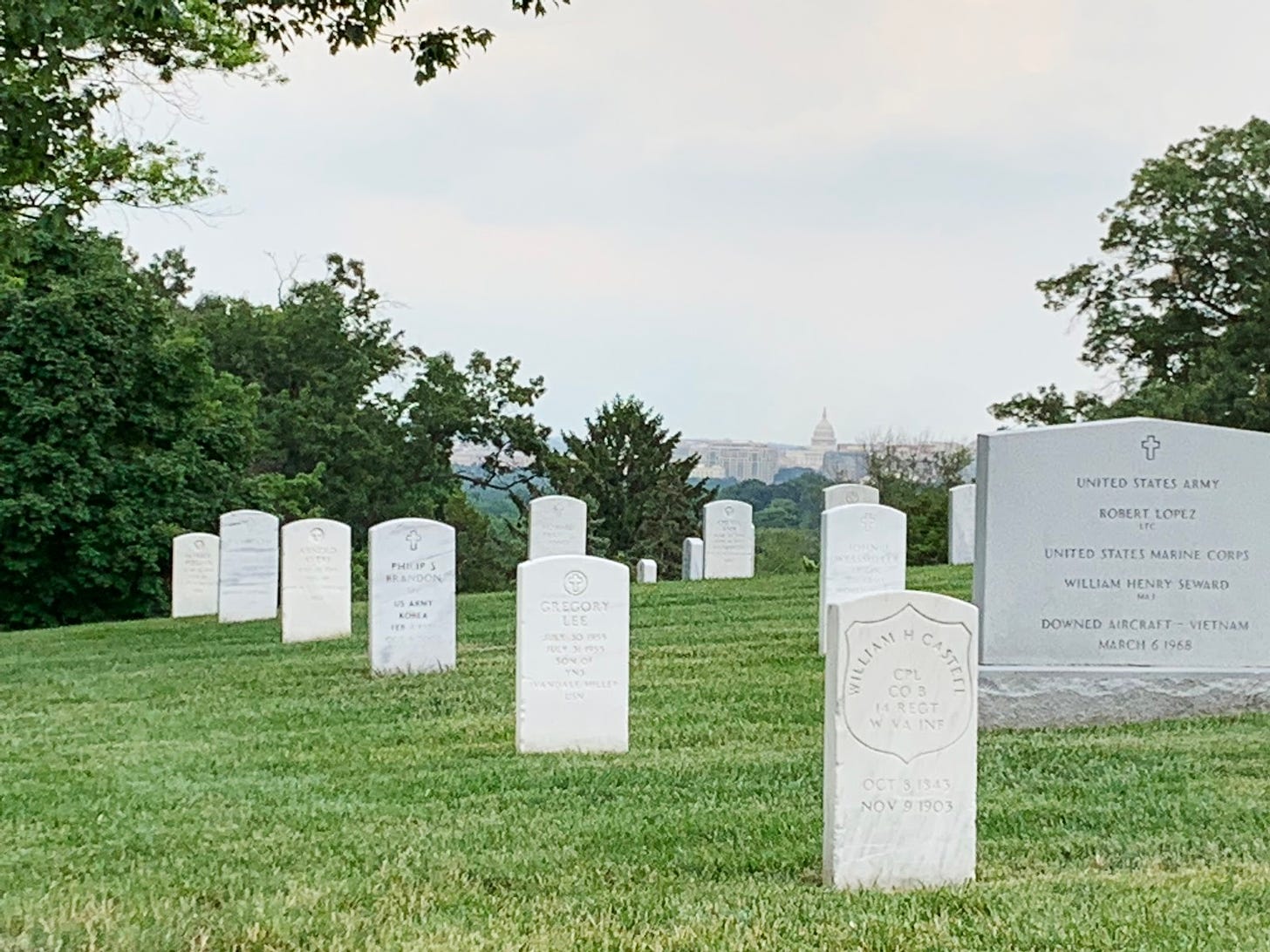

I spent many many summers in the backcountry on the western slopes of the Tetons and know every trail. I wasn't going to read your article, but when I saw the photo and thought "I bet this person doesn't even know that the photo is of the west side, not the Wyoming side." And then I found out you did know. And I figured out you were from Alta, WY. So, since I could trust that you did know about the photo I could trust you enough to finish the article. Way to go. Thank you.